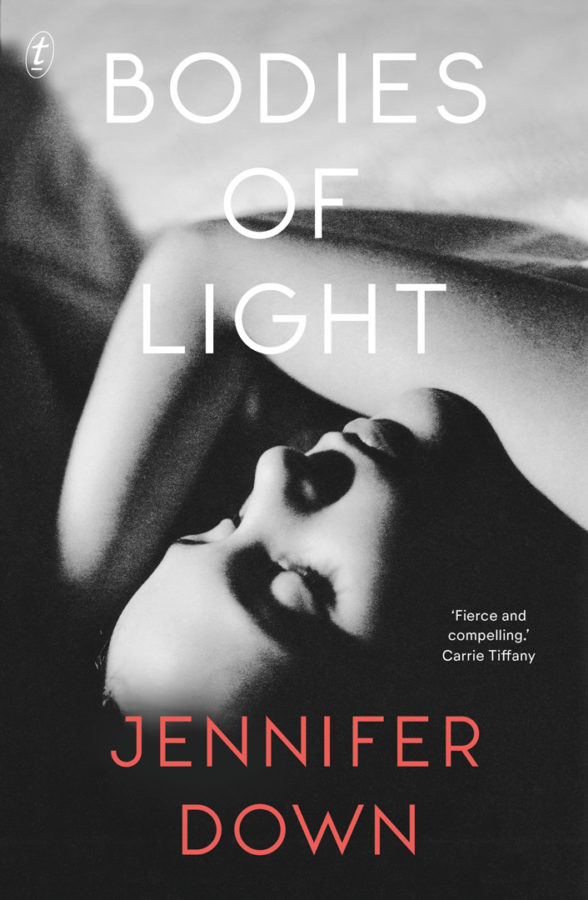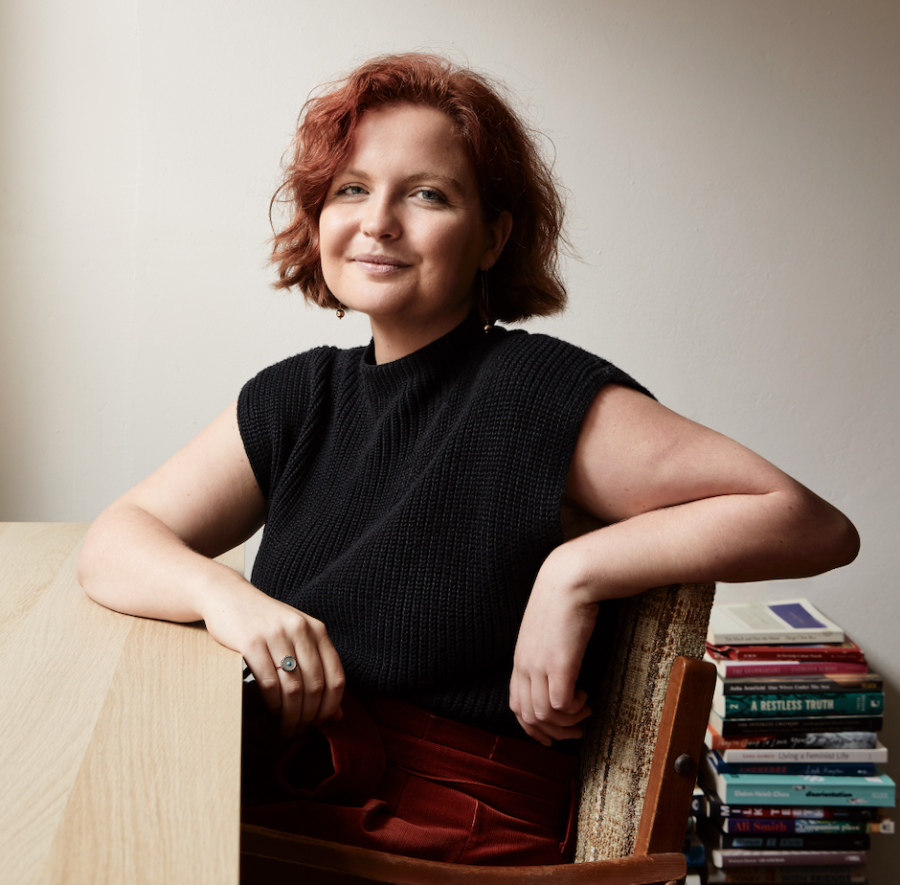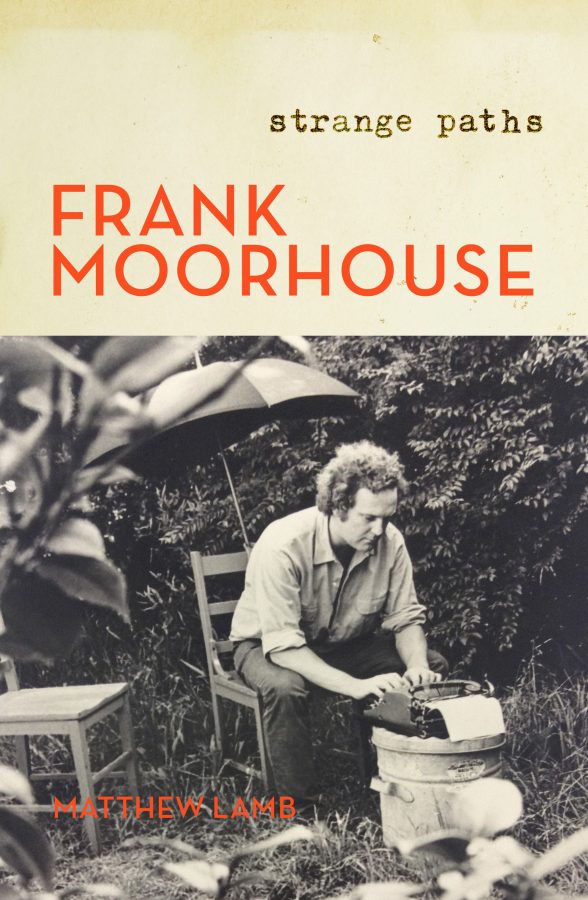It was to be the fate of this patient little girl to see much more than, at first, she understood, but also, even at first, to understand much more than any little girl, however patient, had perhaps ever understood before.
— Henry James, What Maisie Knew
I have long been interested in what children know, because I was once a child, and I did know things, and people assumed that I didn’t.
Some things I knew because I was told them, and some things I knew because I am a Pisces. I jest, but the sentiment is serious: as children we attempt to make sense of the images we observe and the experiences we have, and when the explanations we have and the justifications we are given by others don’t seem to add up, it is really hard to work out at which points we should trust ourselves more than others. Often, childhood is guesswork, and the child must make judgments about the characters of those around her. This is a difficult thing to do when the number one rule of childhood seems to be to trust grown-ups: trust that they will do the right thing, and that they will tell you the truth.
The thing is: adults aren’t always good, and they do lie to you.
Jennifer Down’s second novel, Bodies of Light, is about Maggie, a child who is not told the truth, and so spends her life attempting to attach herself to things and people that seem true.
The beginning of this novel reads like the start of a standard crime thriller or mystery; it might be at home on the bookstore shelf next to Gillian Flynn’s Gone Girl or any Tana French tome. In Down’s short opening prelude, it is 2018 and our protagonist, who is living in America, has just received a Facebook message from a man who thinks he knows her – as ‘Holly’ – from their past. She says, ‘I became a new person a long time ago and by the time I got that message, I didn’t think anyone was looking for who I used to be.’ This kind of language sets us up for an identity theft thriller, maybe, or an ominous psycho-drama. And in some ways, technically, this book is a kind of thriller: but it is also much more. Down has written a book that plays with the tropes of these genres, and then digs deeper.
Bodies of Light is the long life-narrative of one woman who has been forced, by a system that has repeatedly failed her, to live many different lives. Within the space of the novel, the breadth of the lives the protagonist leads enables Down to play with and amalgamate different genres, from campus novel to romance to addiction tale. Rather than fitting into the presently fashionable mould of a novel exploring a short period of time in the one geo-temporal context, Down’s narrative sprawls from episode to episode like a Dickensian bildungsroman (there is certainly something of Pip Pirrip in Maggie).
After the initial Facebook reach-out, we switch back to the past, to Australia in 1975. Maggie’s Mum died when she was little, and she initially grows up with her Dad. He is a drug addict who loves her but is unable to take care of her. When she is five her Dad goes to jail, and she is placed in state ‘care’. By this stage she’s already been sexually assaulted by one of her Dad’s friends, although as she is a child she does not have the language to describe it as such: rather, her experience is alluded to by reference to the things that she can understand – that it hurt to pee afterward and that she had ‘fingertip-sized’ bruises on her thigh that ‘yellowed and eventually disappeared.’
As a child living in institutional care, Maggie is again sexually assaulted and raped, this time by tennis coach Terrence, who uses his position of authority in the care system to prey on young girls who have no one to tell. He corners Maggie with ‘private’ coaching, and the euphemisms she uses to describe the abuse are totally awful in their childish naivete and their knowingness. She says, ‘The day when he unzipped his pants behind the fuel store and showed me his muscle I knew I’d arrived at a new, terrible place…’ The girl who sleeps in the room next to her, Jodie, is also one of Terrence’s targets. Terrence talks to Maggie as he rapes her, telling her she is a little slut because clearly she knows what she is doing (she is around nine years old at this point). ‘I wanted to ask Jodie if he spoke to her, too. But we only ever talked about him in the language of wind chimes, bead curtains, knuckles on the wall.’ One of the heartbreaking elements of his abuse is that he also tries to assert his psychological power over Maggie by tainting her memory of her father.
Once he said: Did your old man teach you to be a little slut? […]
My dad never did that to me, I said half into my pillow, suddenly emboldened. […]
Course he did, he said. That’s why he went to jail. Fiddling little girls.
He’s in jail for dope, I said. He got one of his mates too high and she OD’d.
All right, love, Terrence said. If that’s what they told you.
Of course, to have experienced paternal sexual assault is not an uncommon occurrence for children who enter the care system. But Maggie really loves her Dad – her memory of him fastens her to a feeling of familial security that she is forever trying to recreate – and from what we can tell, at least, although her Dad was unreliable, he was not a rapist. To my mind, to mar a child’s recollection of their parent in this way is one of the most despicable things a person can do. I say this generally but also from having experienced it personally. Eventually, many years later, Maggie retrieves some of her state records, and it turns out Terrence had been lying: but the damage by this point has been done; she’s already had this niggling doubt for so many years; she’s already been taught to question whether she ever experienced an innocent, paternal love.
At five years old; at nine: Maggie is already learning to internalise her pain, and to protect adults who do bad things because she is fearful that to speak out will be to put herself in even more danger. Maisie, the child protagonist in Henry James’ What Maisie Knew, similarly finds herself having to learn to keep quiet, even when she doesn’t quite understand why: ‘For Maisie, moreover, concealment had never necessarily seemed deception, and she had grown up among things as to which her foremost knowledge was that she was not to ask about them.’ Maisie just wants someone to love her, and because such a love will not be given to her by either of her dreadful, egocentric parents, she finds what love she can in her relationship with her governess, the much-maligned ‘silly little old lady’ Mrs Wix.
Maggie’s own Mrs Wix comes in the form of Judith, a single, older-woman foster parent who takes Maggie in during her later high school years. Unlike Mrs Wix, Judith is supremely sensible, and firm, and she provides Maggie with a sense of certainty and safety that she has not experienced before. When 16-year-old Maggie becomes embroiled in a toxic relationship with a 33-year-old man, Ned, Judith is not backwards in coming forwards, expressing her disappointment in Maggie. For Maggie, this older man’s appeal lies in the promise he holds as one who might abnegate her of the ability to choose: she has rarely had the opportunity to make her own choices, but when she has, they have not led her anywhere good. When Ned kisses her, ‘In those few seconds I would have been happy for him to do anything with me, to make all my decisions for the rest of my life.’
This feeling is one we have become very accustomed to seeing described in recent texts about young women and their reliance on men who are not good for them – from Fleabag’s adamant plea for the sexy priest to just tell her what to fucking do, to the nameless protagonist in Megan Nolan’s Acts of Desperation’s reliance on the terrible Ciaran (‘Some part of me had already decided to live for him and let him take over the great weight of myself’), to Normal People’s Marianne’s desire for complete submission, telling Connell, ‘You can do anything you want with me.’ Evidently there is something to this: there is something in the water. Waller-Bridge’s, Rooney’s, and Nolan’s protagonists have not grown up in foster care, been repeatedly raped, and been told their dad was a rapist, but they have all experienced sadness and disappointment so extreme that they figure the best option in life might be to just give in, entirely, to someone else’s whims. This way they can’t be to blame, or blame themselves, for anything else that goes wrong. This reasoning, though flawed, is understandable.
Maggie also gets off on seeing the weakness in Ned, and this happens during sex: ‘Sometimes he was so rhythmic, grunting and heaving against me, that when I sneaked a look at his face I got a flash of something primal but also pathetic, like watching a dog humping something’s leg.’ Versions of this image again reverberate in many recent novels by young women: in Diana Reid’s Love & Virtue, Michaela describes having sex with her university professor and concludes, ‘When he was finished, I relished the way he fell, panting, on top of me, like he was broken and I was the only thing holding him together.’ In Niamh Campbell’s This Happy, ‘March came in like a lion and limped out in daffodils: Always, I said, this phrase had made me think of men in bed.’ So these protagonists want not to choose, but there is an element of them that likes to be reminded that though they have chosen capitulation, the people they capitulate to are really, at their core, their parallel figures. While the women find temporary freedom in giving up power, these men find temporary freedom in pretending that they have power. Really, no one in these situations has a power that is not temporary.
Eventually, because he dumps her, Maggie does move on from Ned, and the men she partners with in the future are not as terrible. Credit for this growth goes to Maggie, but to Judith, too: Judith tells Maggie that she can be more than she is, and for a time, Maggie believes her. Part of Down’s brilliance in this novel is the empathy with which her protagonist sees the world, even after all she goes through. Looking back on her time with Ned, Maggie wishes that he had treated her more kindly, but she also sees that ‘he wasn’t a monster, though: he was just taking what he thought the world owed him. And Judith was just looking out for me – I was just too graceless to see it.’ Maggie has understood enough of the world to know that people do what they do because experience has told them that it is okay to do it. Unlike many of the protagonists I have now named, Maggie’s voice is very rarely saturated with self-pity, and despite being dealt setback after setback, she still manages to find joy and beauty in small moments. She keeps going.
Another stage of this novel is set at Melbourne University. Maggie lives with her friend Alice, and she tries to keep up with her studies, she really does: but she does not have the social ease that her peers have, she does not share their strongly held belief that this life is a life that has been made for her to fit into. After a catatonic episode, Maggie thinks about black holes. She reflects, ‘A black hole is not nothing. It is a place where gravitational fields are so strong that light cannot escape.’ She drops out of university, moves away from the city centre, and meets and marries a lovely young man, Damien. Things are going well: she is in love, she is happy. Maggie has three babies with Damien, and, one after another, these babies die. Between grieving the loss of her second child and becoming pregnant with her third, Maggie struggles to feel close to Damien. One night, she stands on a beach and observes a bioluminescent light sparkling on the water. She runs home and brings Damien to the shore so he can see it too. That night she and Damien sleep together again for the first time in some time, and she falls asleep thinking of the water: ‘I thought about how algae comes to make its own light.’ This is a wondrous image, and it beautifully outlines the central aim of Maggie’s existence: to, from her blank space, somehow produce her own light.
The novel rolls on and Maggie switches lives again, this time changing her name, her identity. She is Josie now. She moves to New Zealand and falls into a tender and moving relationship with a woman, Tamaryn. But Josie is closed off, and Tamaryn can’t get through. This part of the novel is particularly sad, because we can see how much Josie really does love Tamaryn, and how, because of the damage she has already experienced, love alone is not enough: trust is necessary, too, and Josie cannot quite reach this.
We move on to Jeff, to another person who might fill the blank space. Jeff is kind, Jeff is American: Josie moves to America with him and becomes his wife. Slowly but surely, she imagines herself to be distancing herself from the sad chasm of her past. But in the immortal words of Lana Del Ray: turns out everywhere you go you take yourself that’s not a lie. Jeff doesn’t understand why Josie won’t entertain the prospect of having children with him: ‘There was so much that I never told Jeff. So much that it eventually became an absence. An abscess.’
I’ve already spoiled enough plot points for one review, but be assured: by this point, the novel is still far from over. Josie has more lives to lead. The rest of the book is about Josie reckoning with what it means to have ostensibly changed everything about her life, and yet still be who she is: this much is unavoidable. The things that have happened to her cannot be undone.
Down came to fame in the Australian literary scene in 2016, with her debut novel Our Magic Hour. That novel received widespread acclaim, was shortlisted for lots of awards, and in 2017 Down was named ‘Sydney Morning Herald Young Novelist of the Year’. Our Magic Hour was very much a ‘scene’ novel. Though it dealt with suicide and grief and a lot of very serious issues, the social set-up it exists in is now familiar territory for anyone who reads a lot of debut novels: Melbourne share houses, drunken parties, pubs, moving to Sydney, lives intersecting: coming of age.
Bodies of Light is an assured second novel, from the mind of a writer who has taken the time to really think through what she wants to express in a novel, and how she wants the reader to feel as they go through it. Its style and plot are decidedly unfashionable: it is not sardonic, it is not flat, and it spans a lot of ground. It is laden with emotions and gorgeous images and is unafraid of sentimentality. Reading this book is like getting sucked up into a blanket, and when you emerge out of the cocoon, the world around you looks a bit different. Or maybe, you look at it differently, with a bit more care, I think.
What Maisie Knew ends with one of my favourite lines in literature.
‘Oh, I know!’ the child replied.
Mrs. Wix gave a sidelong look. She still had room for wonder at what Maisie knew.
Bodies of Light ends with a child who is very much grown up; a child who is now an adult who knows a lot of things, too many, really – but who has come to terms with the fact that the knowledge she has accrued has made her, and she cannot be unmade. In the knowledge she cannot un-know there is the potential to be fearful no longer. It might be that in time we can make our own light.







